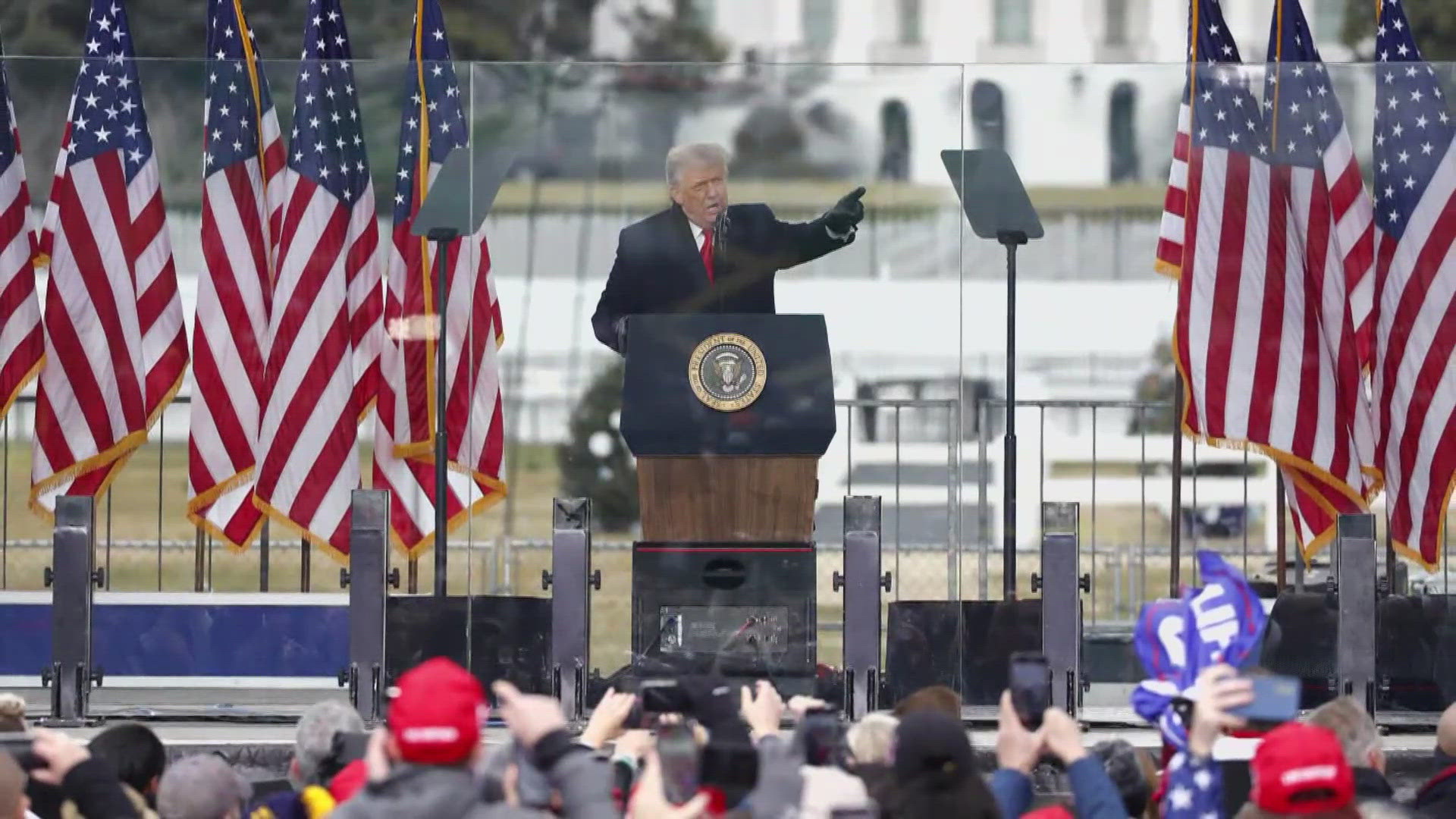WASHINGTON — The Supreme Court on Wednesday sided with the Biden administration in a dispute with Republican-led states over how far the federal government can go to combat controversial social media posts on topics including COVID-19 and election security.
The justices threw out lower-court rulings that favored Louisiana, Missouri and other parties in their claims that officials in the Democratic administration leaned on the social media platforms to unconstitutionally squelch conservative points of view.
The case is among several before the court this term that affect social media companies in the context of free speech. In February, the court heard arguments over Republican-passed laws in Florida and Texas that prohibit large social media companies from taking down posts because of the views they express. In March, the court laid out standards for when public officials can block their social media followers.
The cases over state laws and the one that was decided Wednesday are variations on the same theme, complaints that the platforms are censoring conservative viewpoints.
The states had argued that White House communications staffers, the surgeon general, the FBI and the U.S. cybersecurity agency are among those who applied “unrelenting pressure” to coerce changes in online content on social media platforms.
But the justices appeared broadly skeptical of those claims during arguments in March and several worried that common interactions between government officials and the platforms could be affected by a ruling for the states.
The Biden administration underscored those concerns when it noted that the government would lose its ability to communicate with the social media companies about antisemitic and anti-Muslim posts, as well as on issues of national security, public health and election integrity.
The Supreme Court had earlier acted to keep the lower-court rulings on hold. Justices Samuel Alito, Neil Gorsuch and Clarence Thomas would have allowed the restrictions on government contacts with the platforms to go into effect.
Free speech advocates had urged the court to use the case to draw an appropriate line between the government’s acceptable use of the bully pulpit and coercive threats to free speech.
A panel of three judges on the New Orleans-based 5th U.S. Circuit Court of Appeals had ruled earlier that the Biden administration had probably brought unconstitutional pressure on the media platforms. The appellate panel said officials cannot attempt to “coerce or significantly encourage” changes in online content. The panel had previously narrowed a more sweeping order from a federal judge, who wanted to include even more government officials and prohibit mere encouragement of content changes.
The case is Murthy v. Missouri, 23-411.

